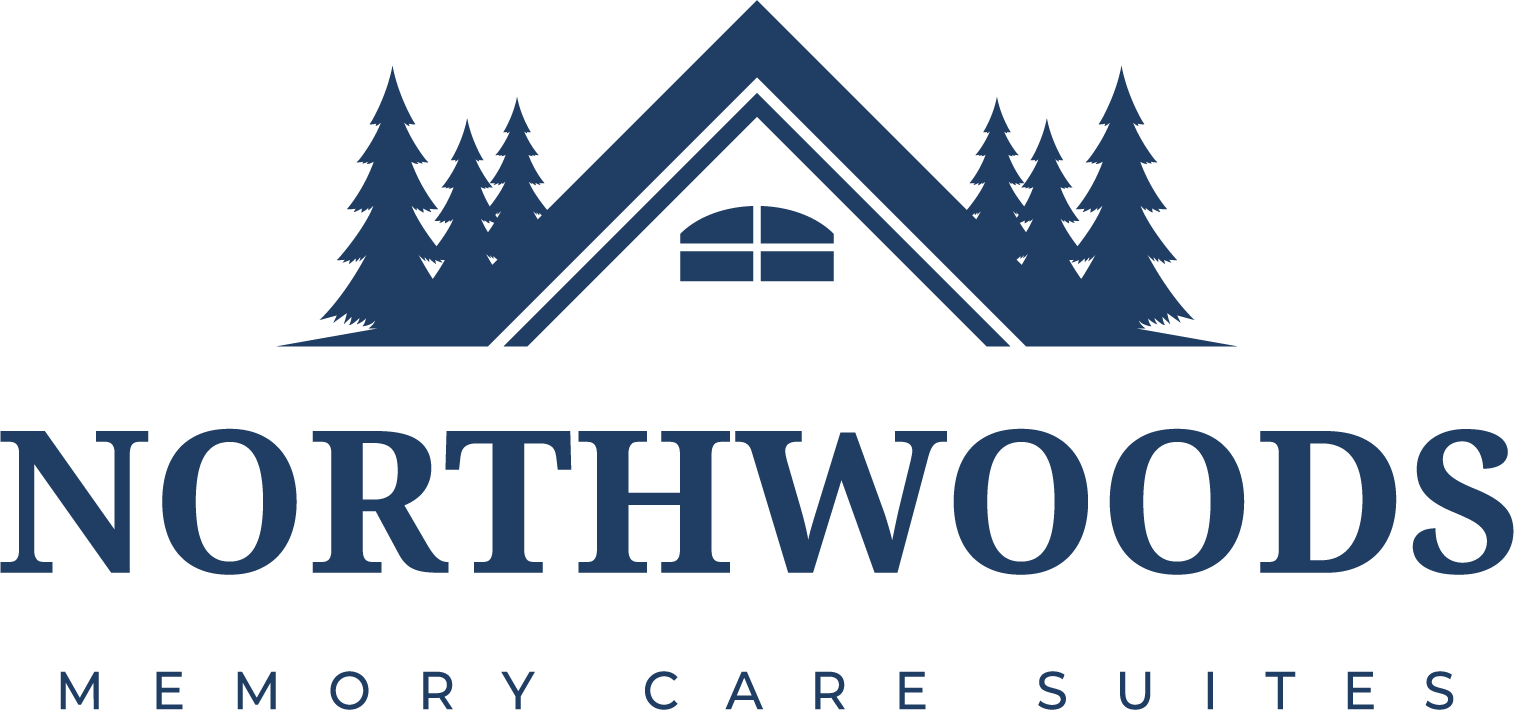Choosing memory care for your loved one is one of the most important and emotional decisions you’ll make. It’s a step that comes with so many questions, mixed feelings, and the weight of ensuring the best possible care for someone you cherish. How can you be sure you’re making the right choice? What should you look for in a memory care community? And what questions should you ask to feel confident and informed?
This guide is here to help. We’ll walk you through the vital questions to ask when choosing memory care, share tips for evaluating your options, and provide practical advice to guide your decision-making process. By partnering with the right memory care provider—and asking the right questions—you can ensure safety, dignity, and a supportive environment for your loved one’s needs now and in the future.
Why Asking the Right Questions Makes a Difference
If you’re just starting to explore memory care options, the sheer variety of communities and services on offer can feel overwhelming. Every facility is different in how they approach care, organize activities, and prioritize safety. This is why asking the right questions is your best tool for uncovering what truly matters.
Being proactive, prepared, and informed allows you to make a thoughtful decision. You’ll be able to compare providers and spot the differences between facilities that meet your standards and those that fall short. Remember, selecting a memory care provider isn’t just about finding a convenient location—it’s about choosing a trusted partner to provide your loved one with the highest quality of care and emotional well-being.
At Northwoods Memory Care Suites, we always welcome families who care deeply about these details. We pride ourselves on our family-oriented, home-like approach that prioritizes personalized care, compassionate relationships, and creating a safe, enriching environment for each resident.
Key Questions to Ask When Choosing a Memory Care Provider
The following sections break down essential questions to ask as you evaluate memory care providers. These are designed to help you scrutinize what truly matters—from the expertise of staff to daily life offerings and family communication.
What Training and Expertise Does the Staff Have?
One of the most important questions to ask when choosing memory care is about the staff’s training and qualifications. Memory care requires a specialized skill set, particularly in working with residents who have dementia or Alzheimer’s.
- What certifications do staff members hold related to dementia care? Look for facilities whose caregivers have specific dementia-care training or certifications. These programs teach techniques for managing behaviors, ensuring comfort, and fostering meaningful connections with residents.
- Do staff members receive ongoing education? Best practices in memory care evolve, and ongoing staff education is critical. Facilities committed to the most innovative methods invest in regular training for their teams.
- What is the staff-to-resident ratio? This affects how much individual attention your loved one will receive. A lower ratio generally ensures more frequent check-ins, stronger relationships, and better care delivery.
At Northwoods Memory Care Suites, we take pride in our skilled and experienced staff members. Many of them have worked with us for a long time, creating a stable, compassionate environment. Their expertise and dedication build the kind of trust that helps residents feel safe.
How Is Safety and Security Ensured?
Safety should always be a top priority in any memory care facility. By asking about safety protocols, you’ll gain peace of mind that your loved one will be cared for in a secure and supportive environment.
- What safety measures are in place to prevent wandering? Memory care communities often have secure entrances, surveillance, and discreet monitoring systems to ensure residents are safe while still promoting independence.
- How are medical emergencies handled? Understanding the facility’s emergency response protocols, staff training, and collaboration with local healthcare providers is essential.
- What is done to create a safe environment for everyday living? Clean surroundings, accessible layouts, and specialized designs (like rounded furniture corners and handrails) are hallmarks of a safe facility.
Northwoods’ design integrates safety seamlessly into daily life. From secure access points to thoughtfully designed living areas, every detail supports a sense of independence while protecting residents’ well-being.
What Is the Care Philosophy and Customization Process?
Each memory care provider has its own approach to caregiving. Asking about their care philosophy helps you understand whether their values align with your expectations.
- How are care plans customized? The best memory care providers create personalized care plans based on input from family members and a thorough understanding of each resident’s history and preferences.
- How often are care plans reviewed? Because dementia and Alzheimer’s are progressive conditions, care needs will evolve over time. Regular reviews ensure that a resident’s care remains aligned with their changing needs.
- How does the provider involve families in care planning? Open communication and collaboration with families build trust and ensure everyone feels connected to the caregiving process.
At Northwoods, each resident is seen as a unique individual. Our care plans are tailored to their specific interests, routines, and needs—and we invite families to be actively involved each step of the way.
What Daily Life, Activities, and Therapies Are Offered?
Engagement and stimulation aren’t luxuries; they’re necessary for enhancing cognitive function, emotional well-being, and quality of life.
- What types of activities are available? Look for facilities that offer diverse programs like music therapy, art, storytelling, gardening, and light physical exercise.
- How are activities tailored to individual preferences? Personalized activities give residents something to look forward to and help them maintain a sense of purpose.
- How are meals and dining experiences managed? Nutrition is critical in memory care. Ask about the dining options, if residents participate in meal preparation, and how staff accommodate dietary restrictions.
At Northwoods, our activity calendar is full of meaningful programs that empower residents to stay connected, curious, and active. From shared meals to social gatherings, our community fosters moments of joy every day.
How Are Families Informed and Included?
Good memory care facilities see family members as partners.
- How will you keep me updated about my loved one? Regular updates—through family meetings, phone calls, or emails—can reassure you that your loved one is thriving.
- Can families visit anytime? Understanding visiting hours and policies can help you stay connected.
- What opportunities are there for family involvement? From participating in care conferences to joining in on activities or events, your involvement matters.
At Northwoods, we keep families closely connected through frequent communication, an open-door policy, and shared celebrations.
What Are the Costs, Policies, and Transparency Standards?
Finally, it’s vital to ask about financial considerations.
- What is the cost structure? Ask for a clear breakdown of fees—what’s included and what’s extra.
- What is the policy for transitioning care? Understand what happens if your loved one needs a different level of care in the future.
- How do you ensure cost transparency? A trustworthy community will offer clear, upfront answers about costs.
Tips for Touring Memory Care Communities
When visiting memory care communities, be observant and ask candid questions. Tour at various times of the day to see different aspects of daily life. Watch staff interact with residents, and if possible, connect with other families to hear their experiences.
Bring along a checklist—like the one we provide at Northwoods—to stay organized and compare facilities thoroughly.
Mistakes Families Commonly Make (And How to Avoid Them)
- Rushing decisions out of fear or guilt. Take your time to visit multiple facilities and make an informed choice.
- Overlooking the fine print. Always review contracts, policies, and included services carefully.
- Neglecting your loved one’s input. If possible, involve your loved one in the process to preserve their dignity and empower their voice.
Sample Comparison Checklist
To make your decision easier, create a simple comparison chart that includes key questions and room for notes on each facility you visit. For example:
| Facility Name | Staff Expertise | Safety Features | Activities | Costs | Family Communication |
| Northwoods | Outstanding | Excellent | Diverse | Clear | Highly Encouraging |
Download Northwoods’ comprehensive memory care checklist to take with you on your tours.
Conclusion
Deciding on the right memory care provider is never easy, but it’s one of the most impactful ways to ensure your loved one’s safety, dignity, and quality of life. By asking the right questions, you empower yourself to make an informed, heartfelt choice.
At Northwoods Memory Care Suites, we understand how deeply personal this decision is. We’re here to provide support, answers, and compassionate care every step of the way. Contact us today to schedule a private tour or speak with our dedicated team—you deserve the peace of mind that comes from partnering with a provider you trust.

